How to Shop Around for a Mortgage Loan
#### Step 1: Gather a List of Potential Lenders
Start by reaching out to trusted local sources, such as friends or family who've had recent dealings with lenders. Real estate agents can also provide valuable insights into reputable lenders. Online reviews can serve as a helpful starting point, but remember, personal referrals often carry more weight.
#### Step 2: Schedule an Introductory Meeting
Meeting with a loan officer is a chance to ask questions and assess your qualifications. Don't worry if you're not ready to dive into the financial details immediately; the meeting should adapt to your readiness. And if you prefer virtual meetings, that's perfectly acceptable. Many loan officers are flexible and can accommodate your preferred communication style.
#### Step 3: Interview the Loan Officer
This is your opportunity to gauge whether the loan officer is a good fit for you. Inquire about their communication style, availability, and how they handle unexpected issues—those pesky "icebergs" that can disrupt smooth sailing. Understanding their track record and how they've resolved past problems is crucial.
#### Step 4: Use the Meeting to Educate Yourself
Clarify any information you've found online and discuss any concerns, such as how career changes or bonus income might affect your loan application. Address myths like the impact of multiple credit inquiries on your credit score. As long as all lenders pull your credit within a short timeframe, it's counted as a single inquiry.
#### Step 5: Obtain and Compare Financial Information
When comparing lenders, focus on origination charges and ensure you're comparing similar products. A loan with a slightly higher interest rate but no lender fees might be more cost-effective than one with a lower rate but significant fees.
#### 6 Tips to Simplify Mortgage Loan Information Shopping
1. **Keep Your Options Limited**: Don't overwhelm yourself with too many choices. A few carefully selected options are easier to manage.
2. **Request a Fees Worksheet**: This document will help you compare lenders' direct fees more effectively.
3. **Understand the Difference Between a Fees Worksheet and a Loan Estimate**: Worksheets are estimates, while loan estimates are binding once you have a contract.
4. **Be Cautious with Third-Party Fees**: These are estimates and may vary between lenders. Some fees, like title company charges, may not be negotiable.
5. **Consider the Timing**: Ensure the rate lock period covers your anticipated closing date.
6. **Apply for Loan Approval Early**: Some lenders allow you to go through the underwriting process without a property, which can speed up closing once you find a home.
Investing time in mortgage shopping can seem daunting, but the payoff is significant. By carefully selecting a lender and loan officer, you're not just securing a loan; you're setting the stage for financial stability throughout the life of your mortgage. Happy house hunting, and may you find the perfect loan to match your dream home!
